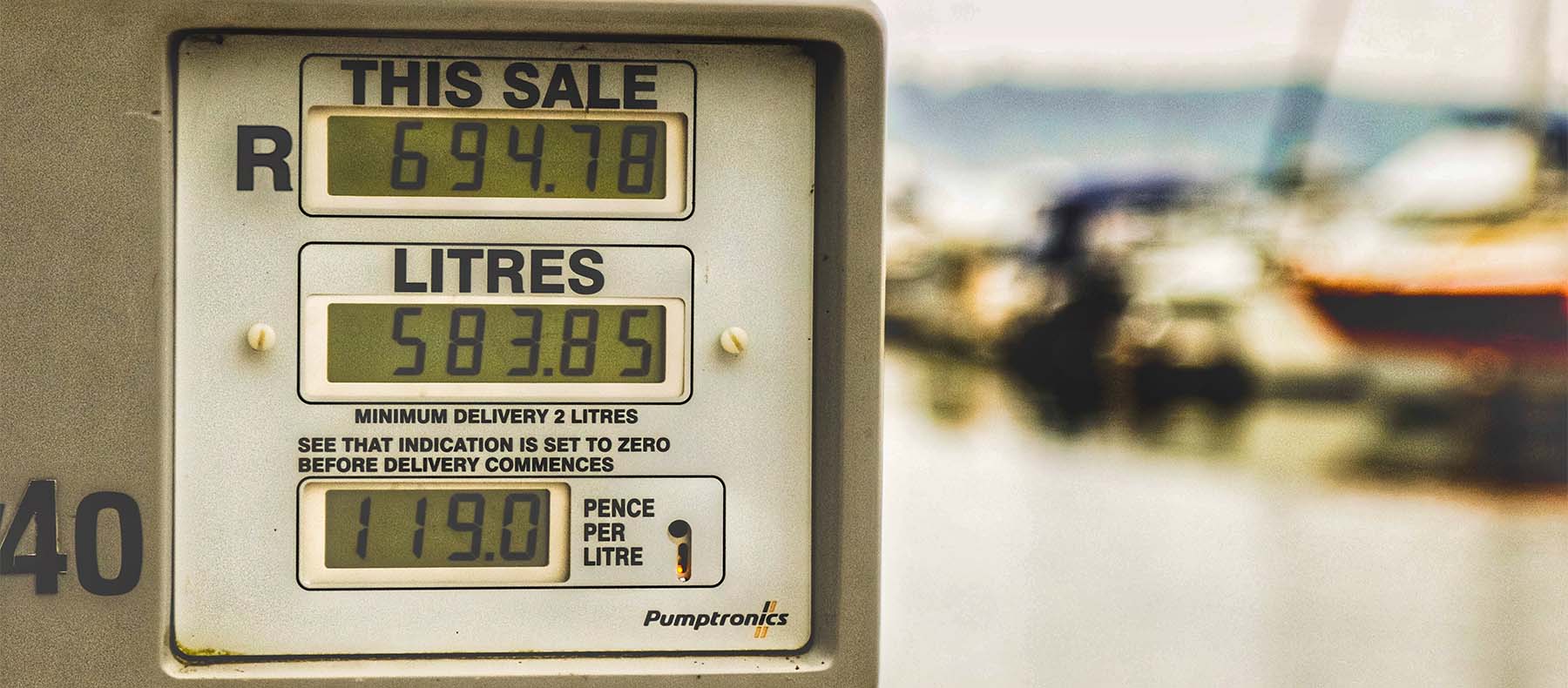Fleet Telematics is a catch-all term for all tracking and monitoring systems that are used to collect fleet data in order to optimise fleet operations.

Fleet Telematics is by no means a new concept, but the systems are constantly evolving and improving. By ensuring you have the relevant Telematics solution in place for your fleet, you’re getting the information you need to reduce costs and improve performance.
The great thing about Telematics solutions is that these systems can be adapted to suit your fleet. It all depends on what information is most important to keep your fleet running smoothly, and then ensure you have the systems in place to collect and accurately interpret this data.
Telematics is a smart reporting system allowing Fleet Managers to choose the reports they want to receive. They can conduct a detailed search and choose the parameters.
Examples of what your Fleet Telematics can include:
-
Real-time vehicle tracking
Fleet managers can see where their vehicles are at all times. This allows for better communication with end-users on when deliveries are expected and allows for quick rerouting when necessary. It also improves driver and vehicle safety, because if something goes wrong fleet managers are able to see exactly where the vehicle is.
-
Engine monitoring
This used to be more applicable to long-haul fleets, but engine monitoring can benefit any type of fleet. By keeping an eye on vehicle performance you are able to identify problems before they affect your fleet operations. Erratic engine behaviour gives you time to react and put measures in place to avoid excessive downtime.
-
Monitoring driver behaviour
This does sound very ‘big brother’, but driver monitoring allows fleet managers to identify and reward their best drivers. It also highlights areas where driver training can be improved, which has a big impact on your fleet efficiency.
-
Fuel tracking
Having a system in place that monitors fuel is invaluable. A good telematics system will monitor when and where refuels happen, calculate your litres per kilometre, and flag any inconsistencies that may indicate fuel fraud. Fuel is a massive fleet expense and careful monitoring will have a positive impact on your fleet budget.
-
Scheduled maintenance
Keeping your vehicles in top condition is a big part of reducing fleet costs. Putting a system in place that automatically schedules maintenance will reduce downtime and allow you to plan ahead to avoid any delivery delays.
-
Admin and reporting
With a robust fleet telematics system, you can automate a lot of your fleet admin from scheduling and route planning to monthly cost reports. A good telematics system allows you to tailor the reports so that you see the information that is most relevant to your fleet operations. This ensures accuracy and plenty of time saved trying to sift through data at the end of each month.



